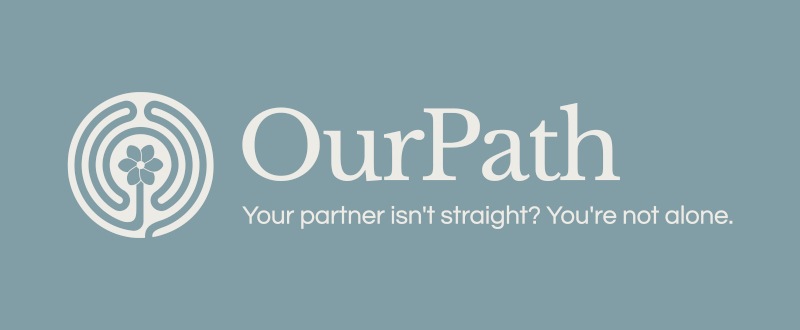OurPath Open Forum
This forum is for discussion of issues related to Mixed Orientation relationships only, that is when one partner is heterosexual (straight) and one is Lesbian, Gay, Bisexual, Transgender or Questioning.
If this does not apply to your topic, please find another forum.
* Opinions posted here, including that of the Administrator, are the poster's own and do not necessarily reflect the views or policies of OurPath.
* As a peer-to-peer network, any advice given is that of a peer, based on personal experience, and should not be considered professional in nature.
* Any discussion of LGBT related issues is acceptable provided it remains constructive and respectful of other viewpoints. Hateful, degrading, or prejudiced speech and/or personal attacks will not be tolerated.
NOTE: Due to recurring spam abuse, you must register to post.

- MJM017
- Member
 Offline
Offline
Critical reflections on ‘marriage fraud’ in mainland China
.
Last edited by MJM017 (September 25, 2024 11:17 am)
- OutofHisCloset
- Member
 Offline
Offline
Re: Critical reflections on ‘marriage fraud’ in mainland China
Boils down to elevating the male gay husband (because: homophobia!) above the female straight wife.
Another example of the verbal gymnastics of academic post modern word salad. Another reason I am glad I am now a professor emerita (meaning retired).
- lily
- Member
 Offline
Offline
Re: Critical reflections on ‘marriage fraud’ in mainland China
well I read it. wow, just wow. that makes me feel like saying marriage fraud ten times!
I think it is sour grapes. Why should the straight woman get the happiness of marriage and family life in alignment. No, minimise the pain of the tongqi and say it's their fault the closet exists anyway because it's due to homophobia. That doesn't make sense seeing as straight spouses tend to be gay friendly people.
Last edited by lily (February 24, 2023 8:10 pm)

 1 of 1
1 of 1